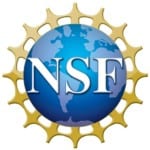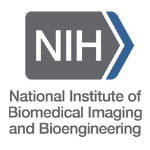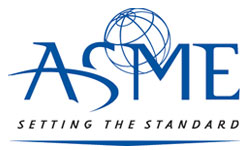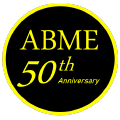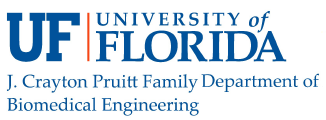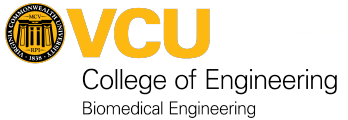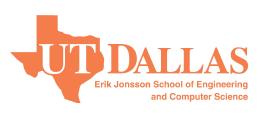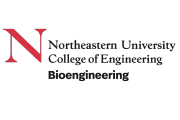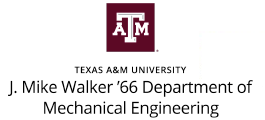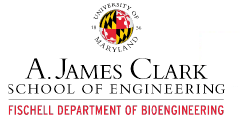|
Title |
Name |
Affiliation |
| Biofluid Mechanics and Cardiovascular Imaging |
| 1st |
Patient-Specific Finite Element Modeling to Predict Clinical Risks of Percutaneous Pulmonary Valve Implantation |
Carly Donahue |
University of Minnesota |
| Runner-up |
Computational Modeling Of Cryoballoon Ablation For Pulmonary Vein Isolation |
Tejas Patel |
Michigan State University |
| Runner-up |
Radiomics Features On Contrast-enhanced And Non-enhanced MRI Are Associated With Intracranial Aneurysmal Risk |
Sricharan Veeturi |
University at Buffalo |
| Tendon, Ligament, and Joint |
| 1st |
Elastic Strength and its Relation to Mineral Density in Juvenile Equine Bones of the Lower Limb |
Sara Moshage |
University of Illinois Urbana-Champaign |
| Runner-up |
Mechanical and Structural Changes due to Tendon Overload in a Rat Model of Synergist Ablation |
Ellen Bloom |
University of Delaware |
| Runner-up |
Partial ACL Injury Location Impacts Biomechanics and Tissue Remodeling in a Skeletally Immature Porcine Model |
Danielle Howe |
North Carolina State University and the University of North Carolina at Chapel Hill |
| Tissue Engineering, Remodeling, and Emerging Areas |
| 1st |
Cervical Material Remodeling in Pregnancy Using a Nonhuman Primate Model |
Shuyang Fang |
Columbia University |
| Runner-up |
Epithelial Fluid Secretion and Luminal Pressure Regulate the Patterns of Proliferation that Sculpt the Developing Bronchial Tree |
Shelby Mohr-Allen |
University of Texas at Dallas |
| Runner-up |
Patterns Of Tissue Stiffness Correlate With Distributions Of Proliferation And Yap Activity Along The Embryonic Ureteric Tree |
Somdutta Chakraborty |
The University of Texas at Dallas |
| Cardiovascular Solid Mechanics |
| 1st |
Post-Stretch Behavior of Vascular Smooth Muscle Cells Depends on Strain-rate and Actomyosin Interactions |
Samuel Boland |
University of Minnesota – Twin Cities |
| Runner-up |
A 3D Computational Model Of Aortic Valve Interstitial Cell Contractile Behavior Within A PEG Hydrogel Medium |
Alex Khang |
The University of Texas at Austin |
| Runner-up |
Tricuspid Valve Annulus Mechanics And Geometry In Newborns With Hypoplastic Left Heart Syndrome |
Colton Ross |
University of Oklahoma |
| Orthopaedic Bioengineering and Mechanotherapeutics |
| 1st |
Mechanotherapeutics To Modulate The Foreign Body Response |
Niamh Ward |
National University of Ireland, Galway |
| Runner-up |
Large Animal Model of Meniscus Injury and Repair Shows Chondroprotection and Partially Restores Joint Kinematics as Measured via MRI |
Kyle Meadows |
University of Delaware |
| Runner-up |
Hyaluronan, PRG4, And Cytokine Production in Synoviocytes Is Sensitive To Cyclic Strain Magnitude |
Meghana Pendyala |
Rensslaer Polytechnic Institute |
| Biosensors, Brain, and Injury |
| 1st |
APOE E4 Genotype Decreases Barrier Function and Glucose Uptake in Induced Pluripotent Stem Cell-Derived Brain Microvascular Endothelial Cells |
Callie Weber |
University of Maryland |
| Runner-up |
Progressive Mechanical and Structural Changes in Anterior Cerebral Arteries with Alzheimer’s Disease |
Xiaozhu Liu |
Boston University |
| Runner-up |
Comparison Of Oscillatory Deformation Patterns Excited In The Human Brain In Vivo By Harmonic And Impulsive Skull Motion |
Jordan Escarcega |
Washington University in St. Louis |

